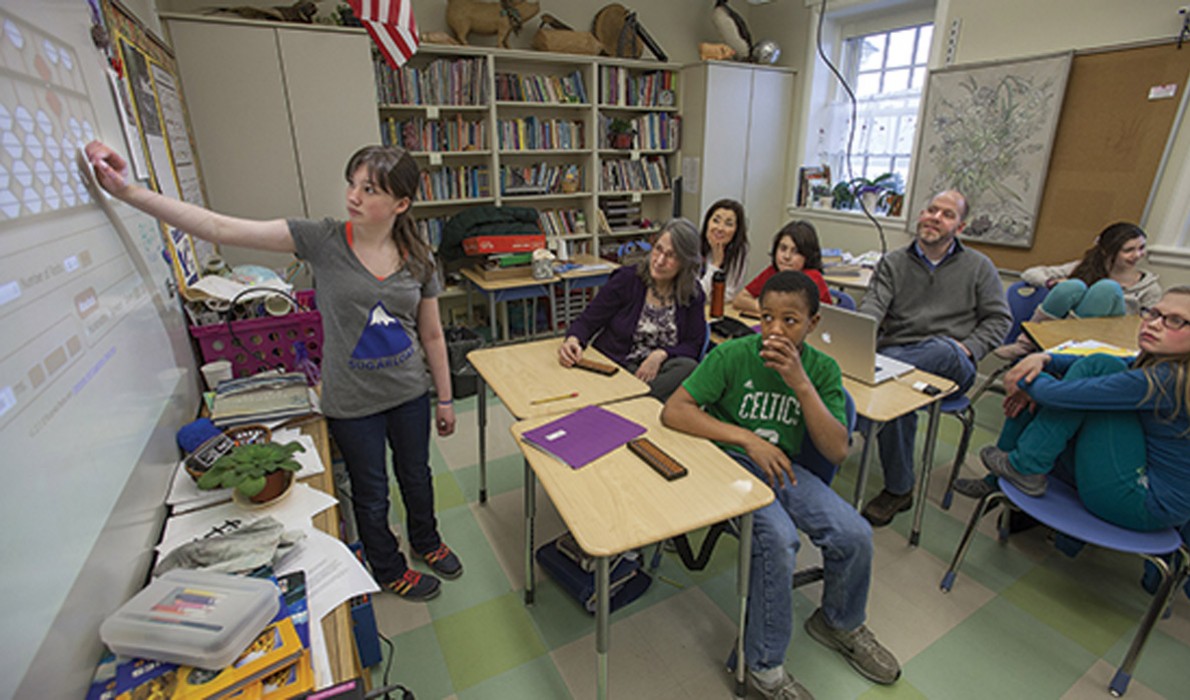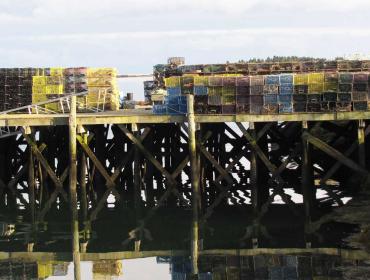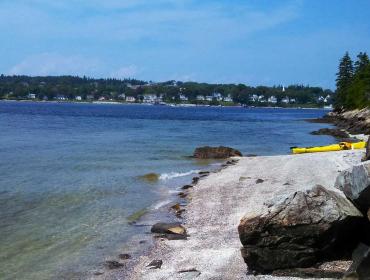Posted March 20, 2017
Last modified March 20, 2017
This issue of The Working Waterfront features three education-themed stories. Our editorial eye on the coast and islands tends to linger on other matters, but we know that healthy schools are the antidote to many of our economic and demographic challenges; their success will help sustain the rich quality of life we enjoy here.
One story describes the Maine Ocean School, a legislatively approved, statewide magnet school that hopes to open its doors in the Searsport area in the fall of 2018, offering classes around nautical themes and skills to Maine high school students. Another story takes readers to Coastal Studies for Girls in Freeport, which brings girls from around the country to Maine for a semester of their sophomore year to focus on marine science studies.
A third story profiles a dynamic teacher who is using the ocean as a classroom and lab for his middle school students.
We could detour into a discussion about the big questions that face public education, questions like: Should schooling still adhere to a calendar that was built around farm life? How can the decline of the family unit, and its profound impact on student behavior, be mitigated in the classroom? Will competition among schools help or hurt outcomes? Should a high school diploma be issued only when a certain number of competencies have been achieved?
Important questions, of course. But let’s bring it back to the coast of Maine.
Our three stories suggest small, but important lessons for public education.
The Maine Ocean School, as it has been conceived, will send many of its graduates on to post-secondary education, very probably to Maine Maritime Academy. Increasingly, it’s clear that 21st century jobs require further study, whether it be at a four-year, liberal arts college; a two-year community or technical college; or a nine-month apprenticeship. But the magnet school also aims to provide its graduates with enough specific skills to be hired in the lucrative marine transportation sector the day after they get handed their diploma.
Coastal Studies for Girls has been operating since 2010, founded as a response to the low numbers of girls who pursue higher education and careers in science. In a non-coed environment, away from home (and their phones), they are able to explore the world of marine science.
The lesson? Allow some schools to specialize.
John Van Dis, a teacher in Northport, is a non-traditional educator, having worked in his 20s and 30s as furniture maker. He has turned his classroom into a laboratory, and taken his “real science” approach beyond its four walls and out onto Penobscot Bay.
The lesson? Give teachers the support to be creative and to take risks with customized curriculum.
While leaders in other parts of the state and country wring their hands about their economies failing to rebound from the Great Recession, the coast of Maine is seeing something quite different. With the exception of Washington County, the coast is doing well, but a threat on the horizon that will stall growth is the lack of an educated, trained work force.
If our graduates can find jobs here, they’ll stay, thereby combatting another coastal problem—our aging population.
Our schools are worth our—and your—attention and support.
Contributed by



